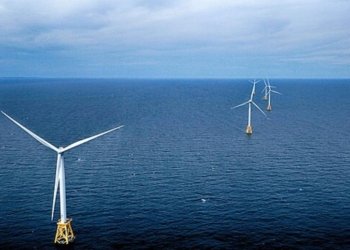In a world grappling with climate change and the urgent need for sustainable energy solutions, Sierra Leone is emerging as a beacon of hope. The West African nation has taken a significant leap in renewable energy, harnessing the power of its natural resources to fuel its development ambitions.
Pioneering Projects and Policies
Sierra Leone’s government, in partnership with international agencies, has initiated several projects aimed at increasing the country’s renewable energy capacity. These include the installation of solar panels in rural communities, the construction of mini-hydroelectric plants, and the exploration of wind energy potential.
![]()
The country has also implemented progressive policies to encourage investment in renewable energy. Tax incentives, streamlined approval processes, and supportive regulatory frameworks have attracted both local and foreign investors to the sector.
Impact on Communities and Economy
The impact of these renewable energy initiatives on local communities has been profound. Villages that once relied on kerosene lamps for light now enjoy clean, solar-powered electricity. This has improved education outcomes, as children can study after dark, and healthcare services, as clinics can preserve medicines and operate essential equipment.
Economically, the shift towards renewable energy is creating jobs and stimulating growth. The construction and maintenance of renewable energy infrastructure have provided employment opportunities for Sierra Leoneans, contributing to poverty reduction.
Challenges and Future Outlook
Despite the progress, challenges remain. The initial cost of setting up renewable energy systems is high, and there is a need for more skilled technicians to manage and maintain the infrastructure. Additionally, the country must balance its development goals with environmental conservation.
Looking ahead, Sierra Leone is poised to continue its renewable energy journey. With ongoing support from the international community and a commitment to sustainable development, the nation is set to become a model for other countries in the region.


































